My first memory of fog and mist was the waterfall at Tankerhoosan Lake. I remember the constant flow of water that rushed onto the rocks below, and the misty fog that rose from the rocks, back up the falls and to the lake, which, in the fall of the year, was hidden in its own early morning fog and mist.[1]
Here was a simple pattern of falling and rising and falling.
The lake did not experience the abrasive, noisy explosions of gasoline powered boats, only the slosh and skimming of an occasional canoe. Yes, it was stocked with trout the week before fishing season began, and then emptied of trout on the first day by a line of poles that went all around the lake. After that one day only an occasional boy scout appeared with a pail and worms to entice, at most, an 8 inch sunfish. Here were fish who played the game well; nibbling the edges of the worm up to the hook and then moving on.
As a child, I sensed presences in the mist and water and fog. Mist was youthful, and the most free to move quickly given the slightest opening. Fog was the elder, the slow moving giant of ancient folk lore, who was safe to enter and, when I did, allowed me to become joyfully lost to everyone who was outside of it. Like the slow lumbering giants of folk lore, the fog was protective and never intrusive. No wonder I longed to develop as many plausible reasons as I could to leave the house. I wanted to experience the over-arching love of the giants that waited patiently for me to arrive in the woods or to row my little boat out and become lost in the world of my protector, the unmovable fog over the lake.[2]
I’ve kept wanting that, all of my life. I’ve continued applying my imagination to strategies of escape that let me enter the larger world, well into my adult years when they are no longer necessary or needed.
My most memorable mentor in this regard was the poet William Stafford. He held his feet responsible for leaving a meeting or a place that restricted his freedom of expression or being. When a gathering of people were expressing something that was contrary to his soul, he felt his feet pick up on the dangerousness of this dynamic, and begin pushing against the ground as he sat in a chair. They would carry him outside onto the gravel parking lot and home. In a poem, he invited me to leave with him: “If you have feet with standards as well, then you …”
I need to be alone. Something happens to me which is so good and grounding and fills me with contentment when I am alone. It’s as if my sharp edges become smooth—that includes my sharp tongue, the claws of my monkey mind jumping from tree to tree leaving scratches everywhere. I become patient and accepting of me, once more, and if I can for me, then I can for other people.
Brother David said, in the Good Earth Catalog, that he never put a worm on his hook when he went fishing. He just wanted to sit beside a lake and be alone. If he didn’t have a worm on his hook, he wouldn’t be distracted by catching a fish. He wished that he could someday just go to a lake and sit there, without a pole.
John Holliger ©2017
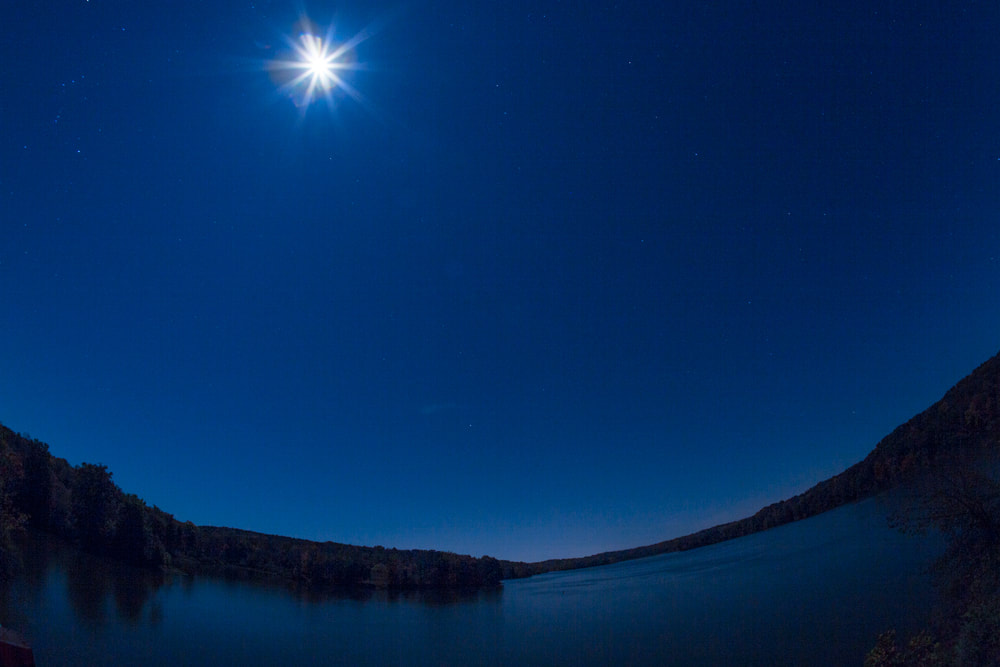
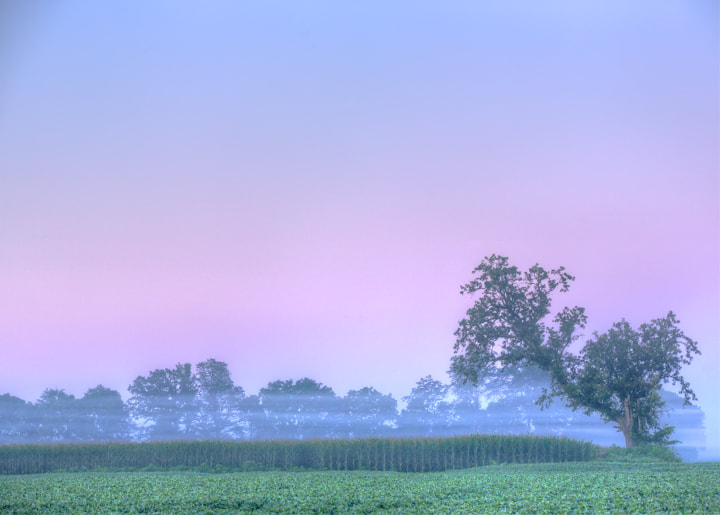
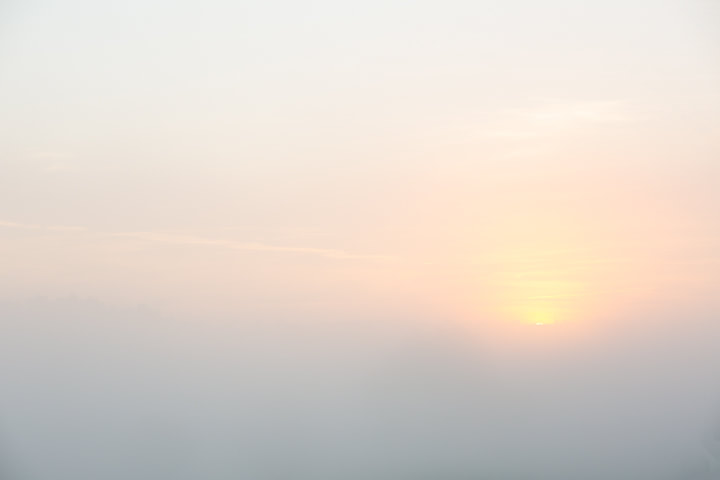
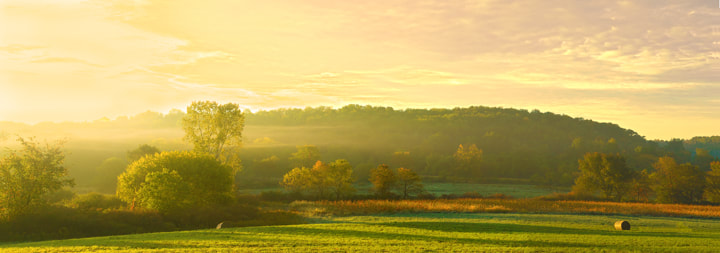
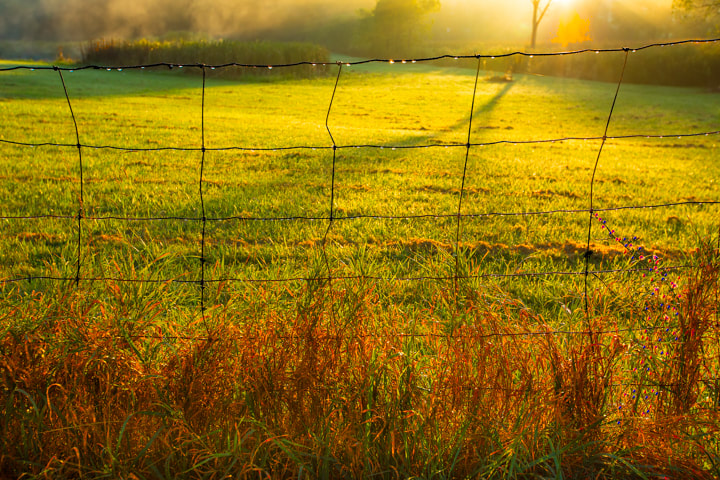
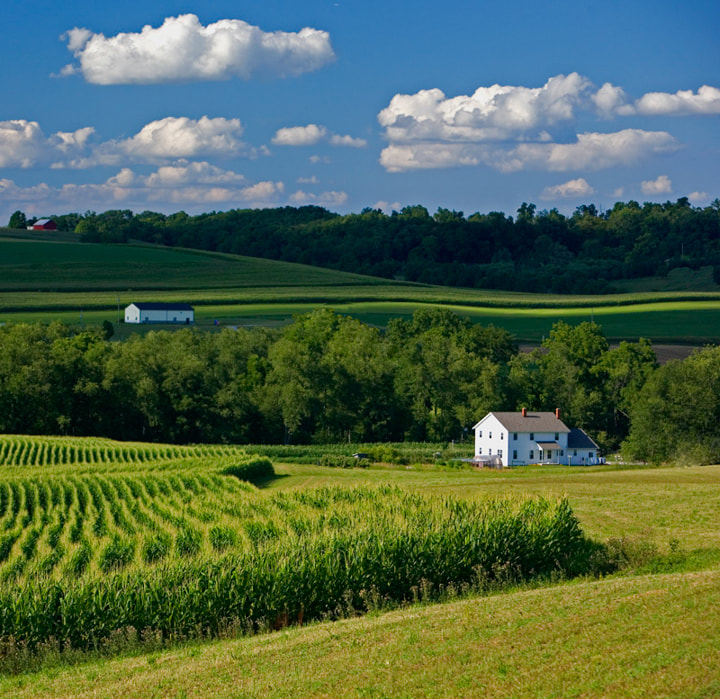
 RSS Feed
RSS Feed